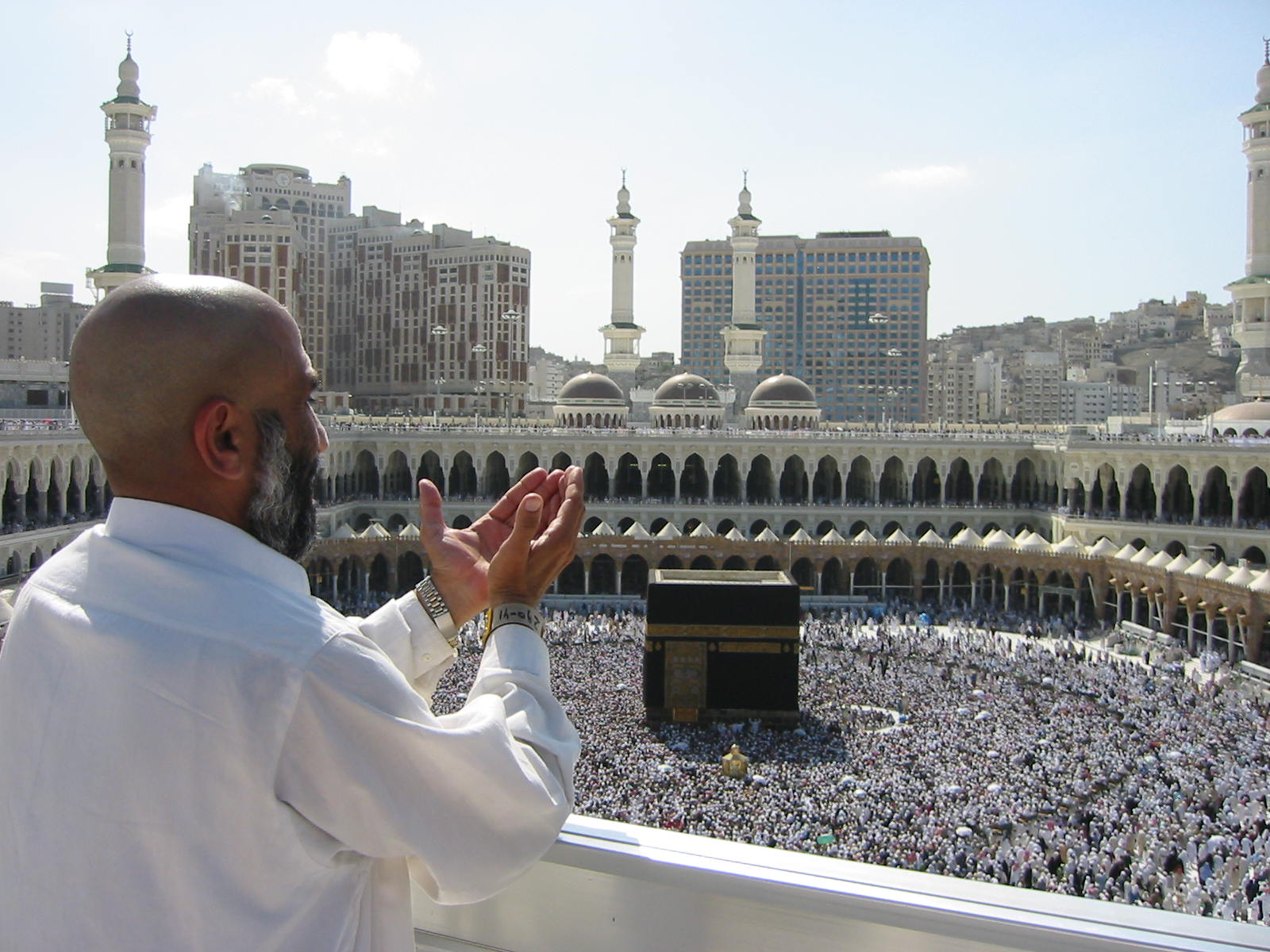Plan Your Travel To Lebanon
Lebanon Travel Essentials
Ideal Duration: 5 - 7 days
Currency: Lebanese Pound (LBP)
Best Time: June - September Read More
Budget: Moderately expensive
"The Country With A Charming Coastline & Hidden Treasures"
Lebanon Tourism
Lebanon is a Gulf jewel that boasts a rich history, breathtaking scenery, and a dynamic culture. Its capital, Beirut, is a vibrant city with a strong arts scene, modern architecture, and a blend of old and modern architecture. Discover the breathtaking Qadisha Valley, the evocative alleyways of Byblos, and the Roman remains of Baalbek. The charming town of Tyre and immaculate beaches may be found along Lebanon's coastline. Enjoy the delicious meze and shawarma, among other Lebanese cuisines. Travelers looking for an eclectic blend of culture, history, and natural beauties will find Lebanon to be an enthralling destination with its warm welcome, rich customs, and deep past.
Must Know Before You Travel to Lebanon
- Visa and Entry: Check visa requirements before traveling. Many nationalities can obtain a visa on arrival or an e-visa.
- Safety: Stay updated on the current political situation and follow travel advisories.
- Currency: The official currency is the Lebanese Pound (LBP), but US dollars are widely accepted.
- Language: Arabic is the official language, but English and French are commonly spoken.
- Local Cuisine: Savor Lebanese dishes like mezze, shawarma, and falafel at local restaurants.
- Culture: Respect local customs and dress modestly when visiting religious sites.
- Transport: Use taxis, shared vans (service), and buses for local travel. Renting a car is an option, but be prepared for chaotic traffic.
- Electricity: The standard voltage is 230V, and the plugs are of Types A, B, and D.
Tourist Places to Visit In Lebanon
Beirut
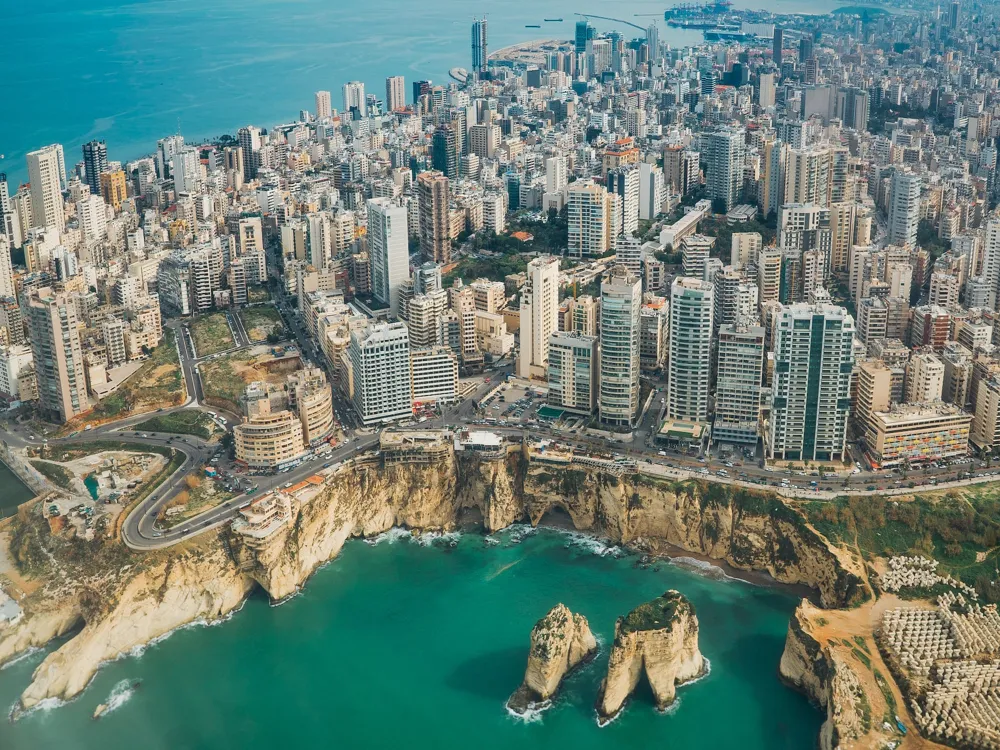
Lebanon Travel Packages
Compare quotes from upto 3 travel agents for free
View All Packages For Lebanon
More on Lebanon Travel
All collections about Lebanon
Best time to visit Lebanon
This is Lebanon's summer period and the best time to visit. The beaches simply beckon to you then and the weather is bright and warm, making outdoor activities not only possible, but something you ca (Read More)n look forward to. The nightlife is also supposed to be better during the summer. n look forward to. The nightlife is also supposed to be better during the summer.
Read More on Lebanon Travel
Exchanging money in Lebanon:
When visiting Lebanon, it's essential to know the ins and outs of currency exchange. The local currency is the Lebanese Pound (LBP), but US dollars are widely accepted. You can exchange money at banks, exchange offices, or withdraw local currency from ATMs. It's advisable to carry both USD and LBP for convenience. Be cautious of fluctuating exchange rates and potential scams. Check the current rates and compare them before making transactions.
Nightlife in Lebanon:
Lebanon's nightlife is vibrant and diverse. Beirut, the capital, offers a plethora of options, from trendy bars to lively nightclubs. The city comes alive after dark with music, dancing, and an array of entertainment. Other cities, like Byblos and Jounieh, also boast a bustling nightlife scene. Expect a mix of international and local music, making it a great place to unwind and socialize.
Shopping in Lebanon:
Lebanon offers a unique shopping experience. From bustling souks to modern malls, you can find everything from traditional handicrafts to high-end fashion brands. Souk el Tayeb in Beirut is a must-visit for authentic Lebanese products. Explore the Hamra and Verdun areas for boutique stores and designer fashion. Remember to haggle in souks, but in malls, fixed prices apply. Don't forget to buy Lebanese sweets, spices, and souvenirs.
Festivals in Lebanon:
Lebanon's rich cultural tapestry is celebrated through various festivals throughout the year. The Baalbeck International Festival showcases classical music and performances in a stunning ancient Roman setting. The Beiteddine Art Festival features music, dance, and theater against the backdrop of a historic palace. The Byblos International Festival is renowned for its diverse lineup. Enjoy traditional Lebanese music and dance at local events, like the Beqaa Valley Wine Festival. Festivals provide a fantastic opportunity to immerse yourself in Lebanese culture.
Hygiene in Lebanon:
Maintaining good hygiene practices is crucial while visiting Lebanon. Drink bottled water, avoid consuming tap water, and ensure fruits and vegetables are thoroughly washed. Be mindful of street food vendors' hygiene. Use hand sanitizers, especially in crowded areas. Lebanon's healthcare standards are generally good, but travel insurance is recommended. Carry essential medications and insect repellent. In case of emergencies, know the location of the nearest hospitals or medical centers.
Tips for visiting Lebanon:
Respect local customs and traditions.
Learn a few basic Arabic phrases for polite interactions.
Dress modestly, especially in religious or rural areas.
Be cautious with public displays of affection.
Stay updated on safety conditions, as the region can be politically volatile.
Taste local cuisine, like falafel, shawarma, and mezze.
Explore Lebanon's historical sites, including Baalbek and Byblos.
Embrace the diverse culture and engage with the friendly locals.
Food in Lebanon:
Lebanese cuisine is a tantalizing fusion of flavors. Indulge in dishes like tabbouleh, hummus, falafel, and kibbeh. Shawarma and kebabs are street food favorites, and don't miss trying manousheh, a Lebanese flatbread with various toppings. Savory pastries like sambousek and spinach fatayer are delightful. Finish your meal with baklava and strong Lebanese coffee. Pair your food with arak or a glass of local wine. Dining is a communal experience, so savor the flavors and embrace the Lebanese love for sharing meals.
Photos of Lebanon
All Country Photos Lebanon
Popular Questions And Answers on Lebanon
What is the best time to visit Lebanon?
The best time to visit Lebanon is during the spring (March to May) and fall (September to November) when the weather is pleasant, and the landscapes are at their most beautiful.
Is Lebanon safe for tourists?
Lebanon can be a safe destination for tourists, but it's essential to stay updated on the current political and security situation. Exercise caution and follow travel advisories from your government.
What are the must-visit attractions in Lebanon?
Some must-visit attractions in Lebanon include the historic city of Byblos, the ancient ruins of Baalbek, the vibrant city of Beirut, the Cedars of God, and the picturesque Jeita Grotto.
What is Lebanese cuisine known for?
Lebanese cuisine is renowned for its fresh and flavorful dishes, including falafel, shawarma, hummus, tabbouleh, and baklava. Don't miss the opportunity to savor the local delicacies.
How is the transportation system in Lebanon?
Lebanon has a well-connected transportation system, including buses, taxis, and shared service (service) taxis. Renting a car is also an option, but be prepared for challenging traffic and road conditions.
What is the currency in Lebanon, and can I use credit cards?
The currency in Lebanon is the Lebanese Pound (LBP). While credit cards are widely accepted in major cities, it's advisable to carry cash, especially in smaller towns and markets.
Do I need a visa to visit Lebanon?
Most nationalities can obtain a visa on arrival or an e-visa for tourism purposes, typically valid for 1 to 3 months. Check the latest visa requirements before your trip.
What are the official languages in Lebanon?
Arabic is the official language in Lebanon, but French and English are also widely spoken, especially in urban areas.
Are there any cultural norms or dress codes to be aware of?
Lebanon is relatively liberal compared to some neighboring countries, but it's respectful to dress modestly, particularly when visiting religious sites. In more cosmopolitan areas, casual Western attire is common.
What are some local customs and traditions to respect?
When visiting someone's home, it's customary to bring a small gift. Also, be aware that public displays of affection are generally discouraged. Always ask for permission before taking photos of people or their property.

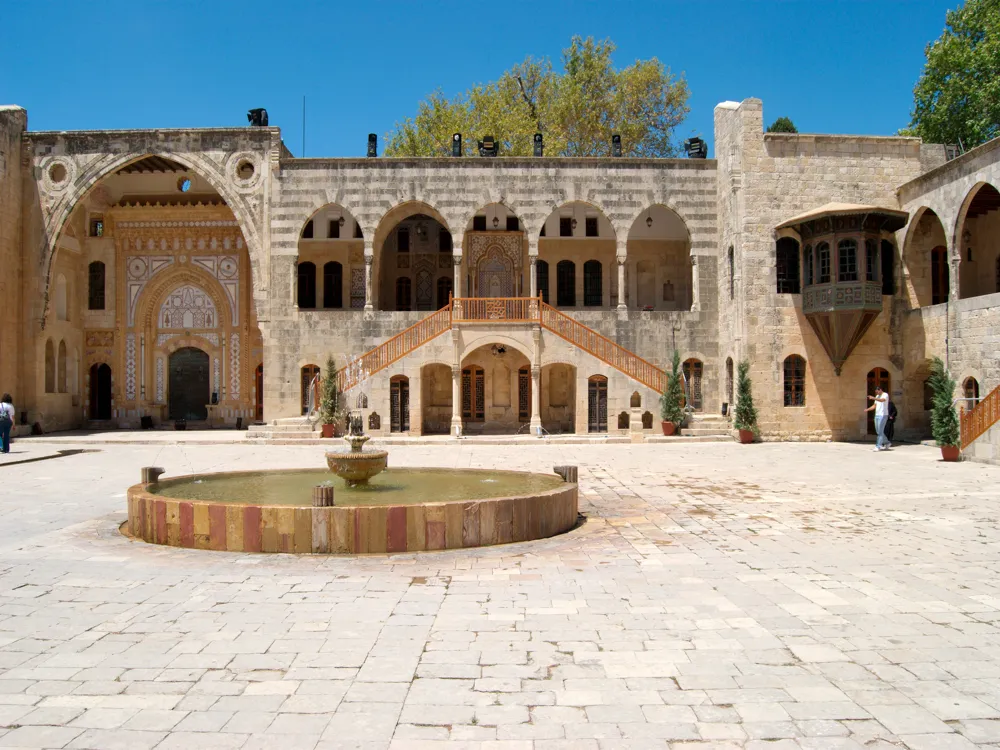
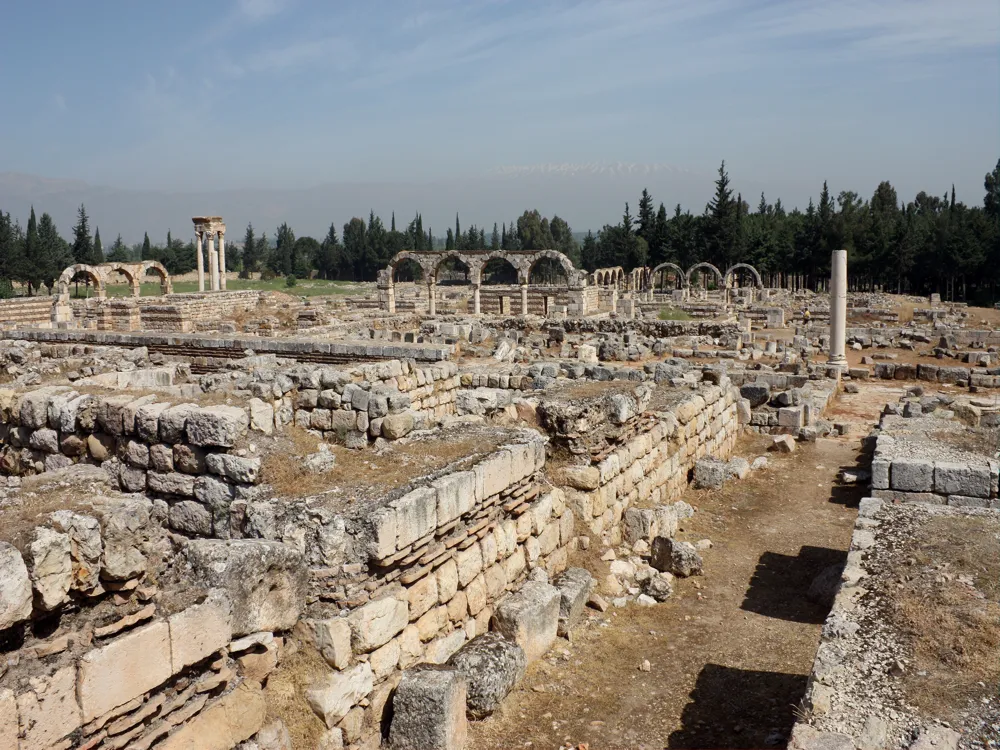
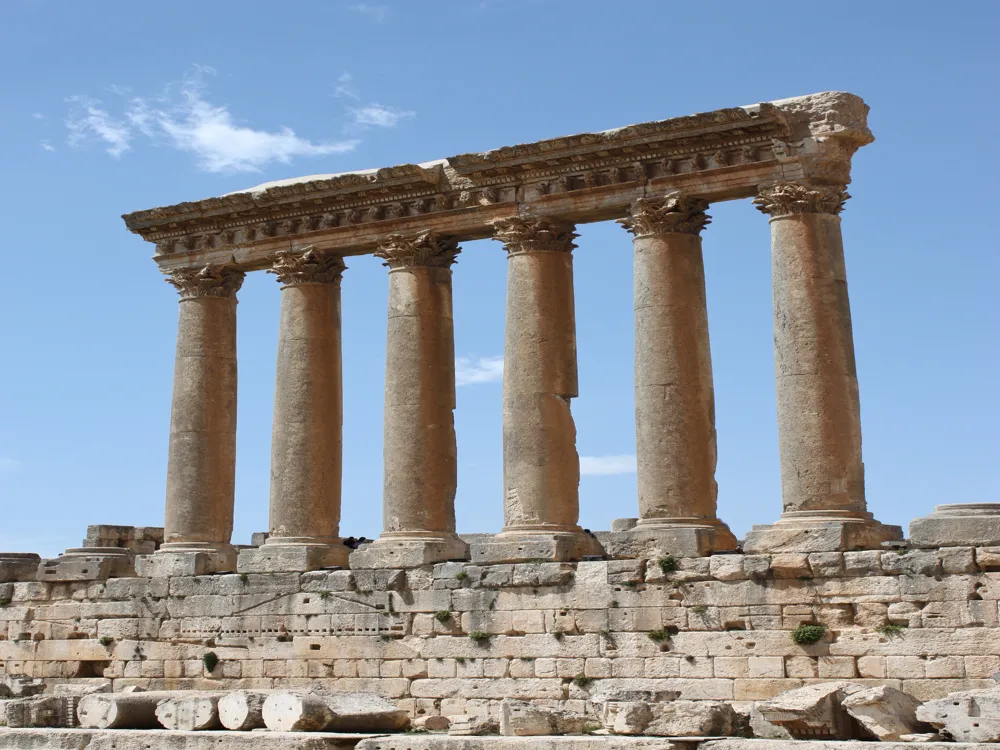
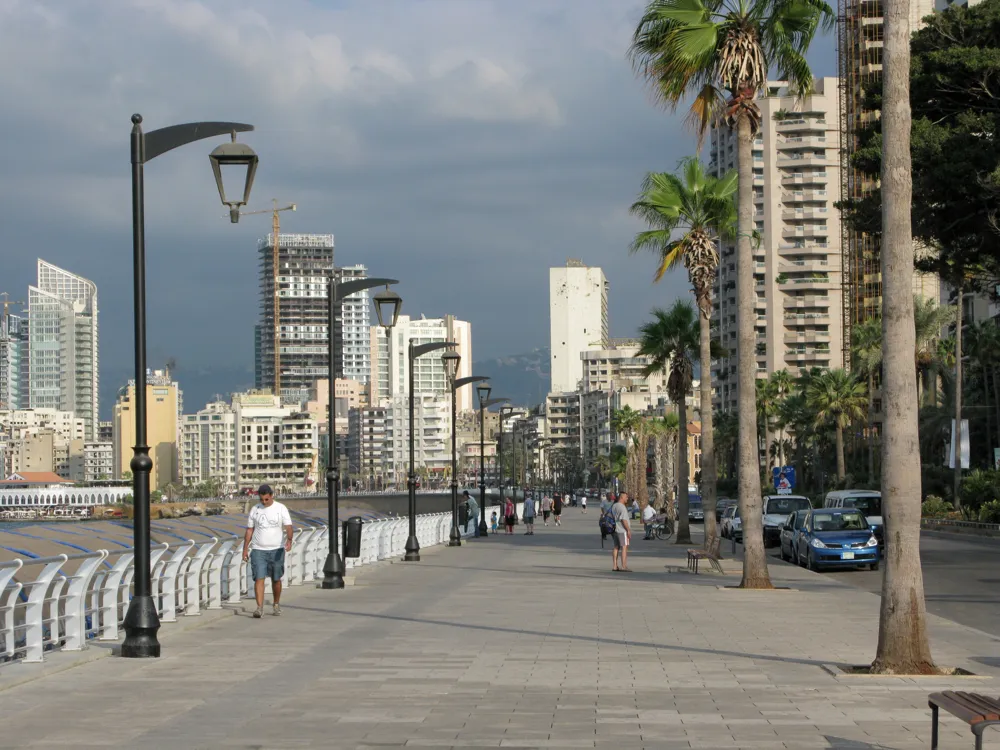
_village_Kadisha_Valley_Lebanonjpg.webp)










